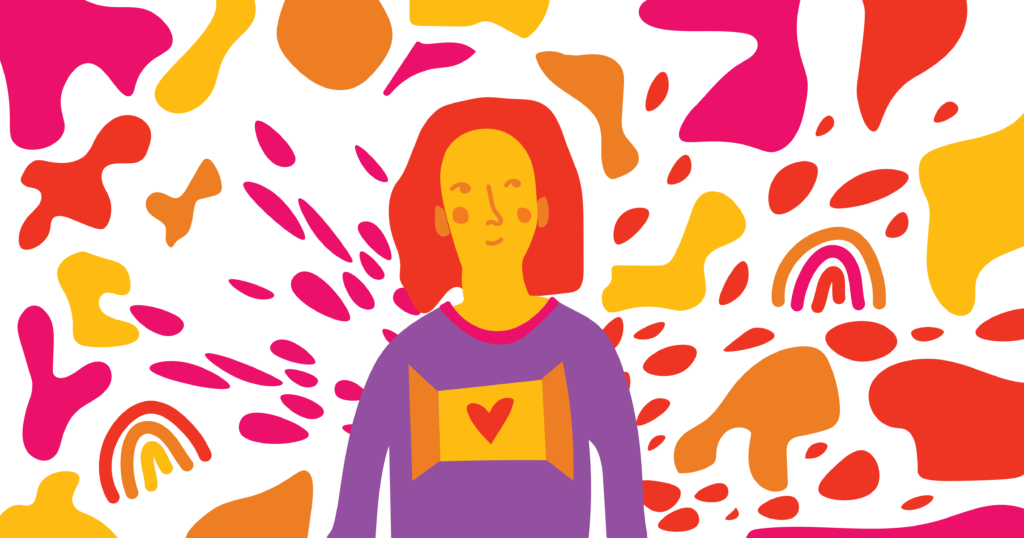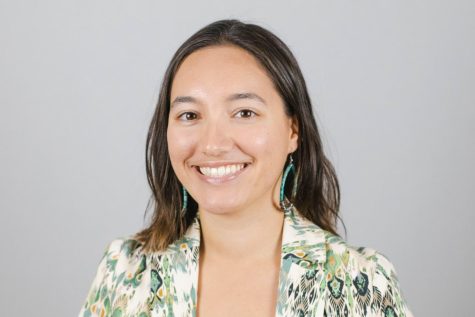I spent my first week as a freshman in college during the COVID-19 pandemic orienting myself on campus, trying to figure out how hybrid classes worked and leaving my dorm room as much as possible, hoping to run into people I could talk to and eventually call my friends.
I like to think I figured out the first two fairly quickly, but I found meeting people to be surprisingly difficult. COVID-19 restrictions made hanging out with large groups of people close to impossible, and many events were canceled or switched to online. I was mostly meeting with people one-on-one and hanging out with someone new every day just to try and meet more people on campus.
Everyone was incredibly friendly and I normally left conversations feeling good, but the constant introductions and similar ‘safe’ conversation topics of classes, recent hikes and sub-par dining hall food became draining. I wasn’t feeling any strong connection to the people I would get chai lattes with twice a week, and I found myself constantly calling my friends and family back home to talk to people who really knew me.
Then I woke up one day in September and could tell I wasn’t going to be very responsive to others or my classes. Every once in a while, I’ll have days where talking takes way more energy than normal and I feel like I’m moving slower through the world than everyone else. They don’t last very long, but those days are exhausting and stressful and all I want to do is sleep.
Someone I was beginning to consider a friend noticed I seemed off and asked me if I was okay. I wasn’t sure how she would respond if I told her I had been feeling antisocial and didn’t really know how else to describe what I had been going through. For some reason, I decided to talk to her about it even though the uncertainty of her reaction was kind of unnerving.
It turned out to be one of the greatest conversations I have had since arriving in Marquette. She opened up to me in the ways that she also handled stress and anxiety and we made a connection that opened pathways for other conversations that were not there before.
That connection was definitely something I had been missing. While more fun or relaxed conversations are completely valid and can be a great way to spend an afternoon, they only give the other person a chance to know who I am at a very surface level.
The people who I am closest to are those who have seen me fall apart under stress or have heard me rant about the stories inside my head or who know how I feel when I become so invested in something that I tune out the rest of the world. But sharing all of that with someone I’ve only spent a day at the lake with and waved to as we walk to our classes feels a bit much.
Brené Brown, a research professor at the University of Houston Graduate College of Social Work, said “vulnerability is basically uncertainty, risk and emotional exposure,” in a 2013 Forbes article entitled “How Vulnerability Can Make Our Lives Better.”
This uncertainty, risk and emotional exposure, which are components of emotional vulnerability, are all things I usually try to avoid in my life as they tend to lead to terrifying and sometimes uncomfortable or uneasy situations and emotions.
But I’ve found that’s kind of the point.
Brown also says “vulnerability is the birthplace of love, belonging, joy, courage, empathy and creativity,” and this is where those potentially terrifying conversations can strengthen the connections between individuals.
Vulnerability can not only build stronger relationships with other people but, by stepping out of your comfort zone, you allow for increased self reflection and personal growth as well.
I am not saying we should pour our hearts out to everyone we meet, but being able to risk those deeper connections and experience vulnerability with even just one or two people can be incredibly rewarding.























